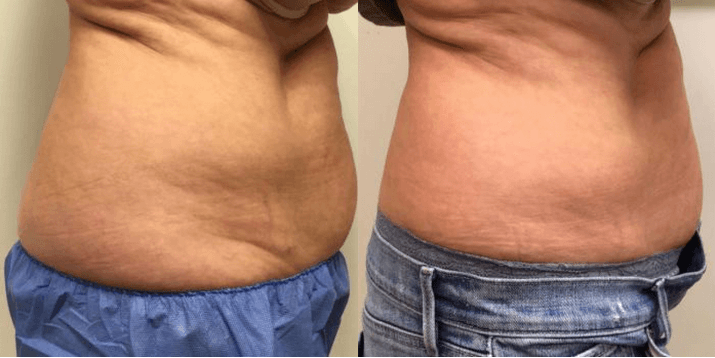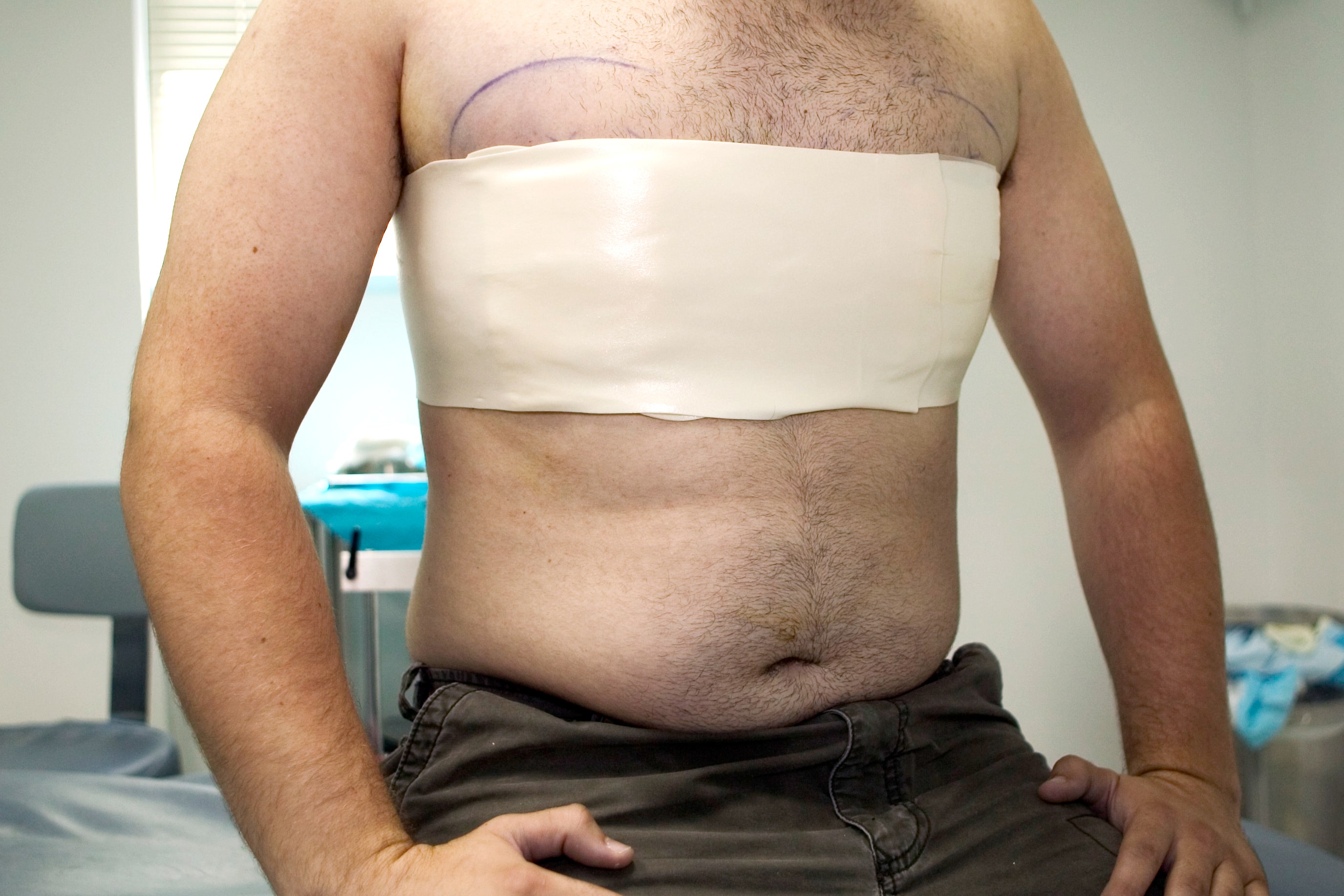
There are many reasons for eye twitches. However, most of them are non-threatening. Eye twitches can occur when there is a deficiency of certain nutrients such as B12 and magnesium. Avocados, spinach, salmon, and bananas are all rich in vitamins. Getting the recommended daily allowance of these vitamins and minerals can prevent eye twitching. Stress and nutritional deficiencies are other causes of eye twitches.
Botulinum toxin
Blepharospasm can be a condition where the eyelids are not closed involuntarily. It's a benign condition that has no known cause. Both eyes are affected equally. Botulinum toxin injections can be used to effectively treat the condition. Botox is the Australian brand name for the toxin. Dysport is the Australian trademark.
While the toxin is FDA approved and safe, the injection procedure can cause side effects. Common side effects are eye irritation and discomfort. The toxin can cause blurred vision and corneal damage. The treatment lasts approximately three months and is temporary. Patients should plan on taking eye lubricants during the injection procedure, which may also include a backlit keyboard.

Reducing stress
Eye twitching can often be caused by stress, caffeine or other factors. Eye twitching might also be a sign that you have essential blepharospasm. You should see a doctor if your twitching becomes unbearable.
Exhaustion and fatigue are another cause of eye twitching. You should get plenty of sleep and engage in some form of physical activity like yoga or brisk walking. You can also benefit from staying hydrated, and taking part in stress-relieving hobbies. Avoid drinking caffeine or soda as these can cause eye twitching. It's also a good idea not to consume caffeine or alcohol.
Natural remedies
Eye twitching can be treated naturally by simply putting cold water in your eyes and avoiding electronic devices. You can also reduce eye stress by using the palming technique. You can also try applying warm water or eucalyptus oils to your eyelids and twitching your eyelids. These tips and drinking 8-10 glasses of fluid daily can also help with eye twitching.
Eye twitching can also be caused by inflammation of the eyelids. Itchy, itchy eyes, crusty eyelids and burning sensation are some of the symptoms. By practicing good eye hygiene, avoiding eye strain and practicing good eye hygiene, you can prevent blepharitis. You should also avoid excessive rubbing of your eyes. To minimize inflammation, avoid contact with contact lenses and irritants.

Calling an eye doctor
You may be wondering if calling an eye doctor can stop your eye twitching. You should seek medical attention if the twitches are due to an underlying condition. Most cases will resolve on their own. In some cases, however, the twitches may be permanent. These cases should be taken to the eye doctor.
Although eye twitching is normal and part of growing older, severe cases could indicate something more serious. You should consult a doctor immediately if you have recently sustained a facial injury, or if you are experiencing double vision. Although it's not always serious, eye twitching may be a sign of something more serious.